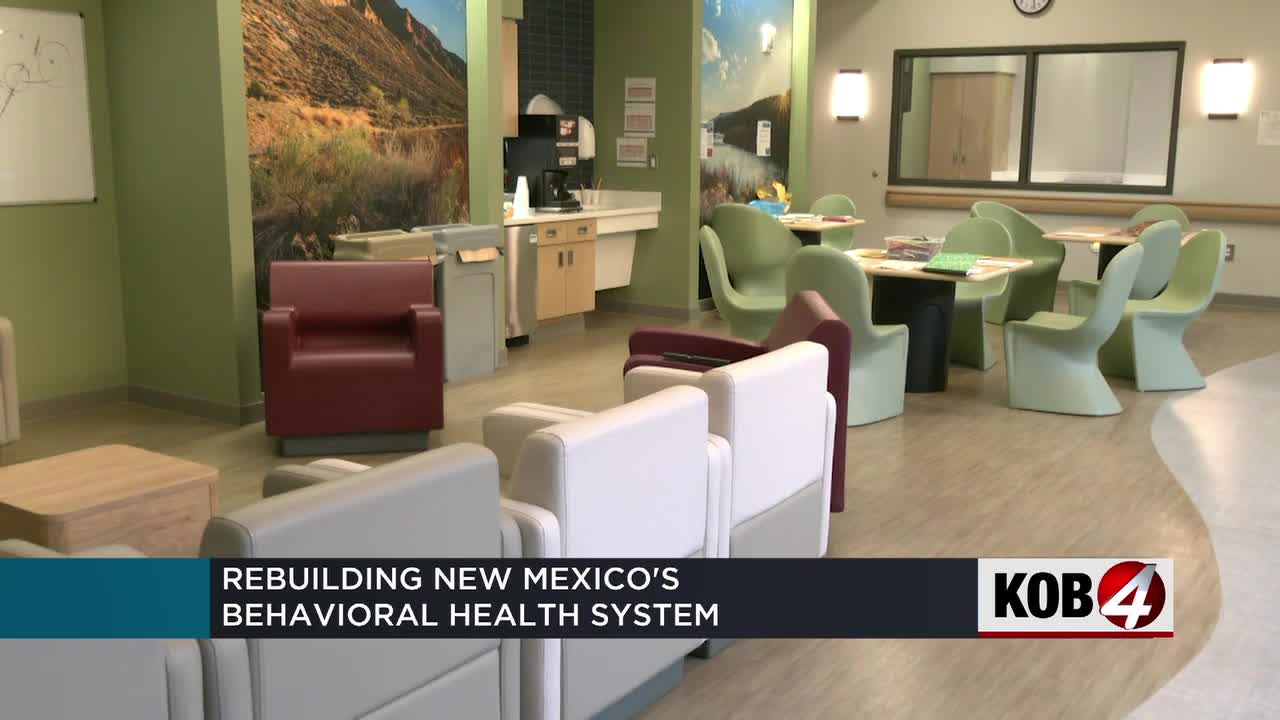5 facts about Michigan Governor Gretchen Whitmer
Governor Gretchen Whitmer is a lifelong Michigander. She was reelected as governor in 2022, defeating Republican nominee Tudor Dixon.
In 2018, Gov. Gretchen Whitmer vowed to “fix the damn roads.” At the Detroit Auto Show on Wednesday, rather than unveiling another plan to make good on her promise, she called on lawmakers from both parties to come together to develop a bipartisan and long-term solution.
When she first took office, Whitmer proposed a 45-cent gas tax increase. After lawmakers rebuffed her, the governor moved forward with a $3.5 billion road bonding plan approved in 2020 that has allowed the state’s transportation department to finance road construction. “But we are facing a major funding cliff,” Whitmer said in her speech.
“If we don’t find a solution, our roads will get worse and more dangerous and that means expensive car repairs and delays on your drive home,” she said. Whitmer called on legislative leaders to return to the negotiating table. “Both parties will have to compromise to do this right,” she said.
Whitmer delivered the address at a time the auto industry faces uncertainty with President-elect Donald Trump’s election after he ran a campaign railing against Democrats’ push to subsidize the transition to electric vehicles and vowed to impose steep tariffs.
“Right now, the future of the entire auto industry is at stake. The very core of Michigan’s economy is on the line,” she said, referencing threats from global competition like China.
In her first major policy address at the annual autos exhibition in the Motor City, Whitmer touched on the final funding set for the corporate subsidy program she has championed to lure electric vehicle jobs to the state. The bipartisan coalition that came together to create Michigan’s largest corporate subsidy fund has since fractured as Democrats and Republicans have criticized public funding to lure jobs to the state.
Whitmer touted the auto industry investments and jobs the program she said has helped bring to Michigan. “If we don’t keep going, we will fall behind,” Whitmer said. “So first, we must replace our job fund with new and better tools.”
“We can’t just unilaterally disarm like some on the far left and far right would have us do,” she added, noting other states have economic development programs to bring jobs to their states. She called for a new “Make it in Michigan” job fund to bring more big factories and engineering and tech centers to the state. Whitmer said she doesn’t care what kind of car Michigan drivers have. “We just care that it’s made right here in Michigan by Michigan workers.”
Whitmer also reiterated her call to revive a payroll tax cut for companies that create jobs in the state and invest in transit.
As automakers grapple with the potential shift in federal policy, Whitmer must wrestle with the political shift in Washington, D.C. too. Last year, she stumped for Democratic President Joe Biden and then Vice President and presidential candidate Kamala Harris. On the campaign trail, Whitmer cast Trump as an out-of-touch rich man.
More: 16 must-see vehicles at the Detroit Auto Show
But on Wednesday, Whitmer returned to her familiar refrain: that she’ll work with anyone she says is serious about solving real problems.
Whitmer also faces a major change at home in Lansing with Republicans now in control of the Michigan House of Representatives after two years of Democratic control. During that time, Whitmer signed into law many bills Democrats passed over GOP objections such as repealing the state’s right-to-work law and establishing new measures aimed at curbing gun violence. But at the start of the new era of divided state government Whitmer is prioritizing road funding and economic development, and she said she doesn’t care which party comes up with policy ideas on either issue.
Contact Clara Hendrickson at chendrickson@freepress.com or 313-296-5743.



















/cdn.vox-cdn.com/uploads/chorus_asset/file/25822586/STK169_ZUCKERBERG_MAGA_STKS491_CVIRGINIA_A.jpg)

/cdn.vox-cdn.com/uploads/chorus_asset/file/25821992/videoframe_720397.png)




